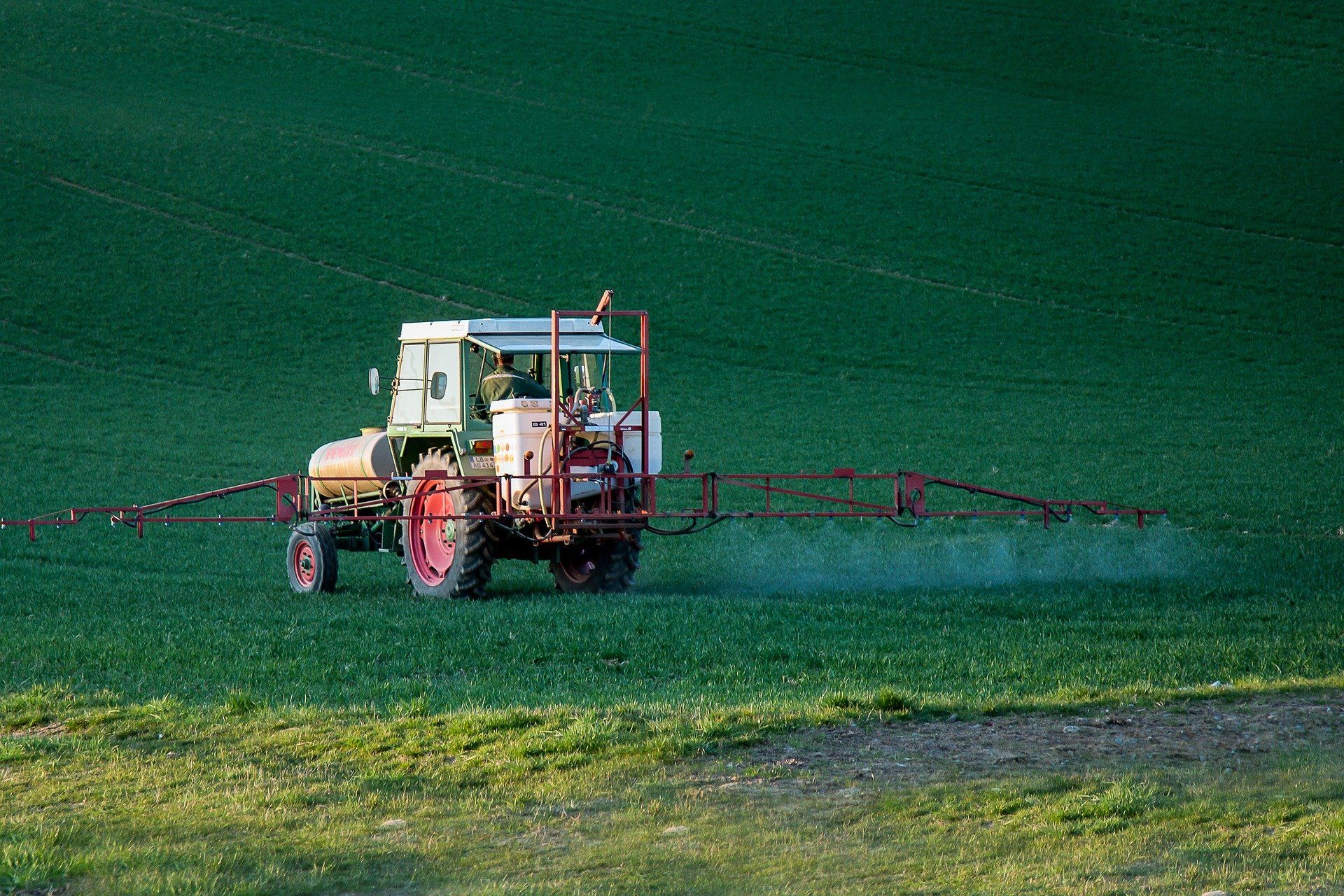1MG FlippingBooks
Victoria to review Roundup use following cancer claims in the US
Glyphosate, an active chemical in the widely used weed killer Roundup, is under review by the Victorian government after several cancer claims have been made in the United States.
Despite glyphosate having been thoroughly assessed and declared safe by the Australian Pesticides and Veterinary Medicines Authority in 2016, the Victorian government has announced it will undertake a six-week review into the handling of the chemical and its risks.
The nationwide debate began in August last year when Monsanto, the manufacturer of the herbicide Roundup (since acquired by Bayer), was taken to Californian court and ordered to pay US$289 million in compensation to former school groundskeeper DeWayne Johnson. Following the landmark US case, thousands more people came forward to sue the company.
Councils here in Australia also grew concerned after the US court’s outcome, especially given the heavy use of the chemical by families, farmers and gardeners on home soil.
Victoria’s call for the review came after two Australian law firms were reported to be investigating legal action on behalf of people suffering from cancers that are allegedly linked to exposure to Roundup. Such action could lead to millions of dollars’ worth of claims in Australia against the manufacturer of the popular weedkiller.
Despite the legal action in the US, Australian farming bodies aren’t as concerned about the effects of glyphosate and stress a science-based approach to the chemical. The National Farmers’ Federation (NFF) says that there is no other agricultural chemical that has been tested to the extent that glyphosate has, with the scientific evidence supporting glyphosate’s safety “clear and overwhelming”.
Peak industry body CropLife Australia is of the opinion that without pesticides like glyphosate, there would not be enough access to produce to feed our nation, let alone contribute to feeding the world.
“Governments must ensure that the proven and established science of chemistry prevails, so farmers continue to have access to the very best in agricultural tools and technologies,” says Matthew Cossey, CEO of CropLife Australia.
In the past three years alone, regulatory authorities in the European Union, South Korea, Japan, Australia, New Zealand, Canada and the United States have publicly reaffirmed that exposure to glyphosate does not cause cancer.
Last month the United States Environmental Protection Agency (EPA) reaffirmed the safety of glyphosate, finding that it is not a carcinogen. The EPA’s Glyphosate Proposed Interim Decision also found there are no risks to public health when glyphosate is used in accordance with its current label.
In January this year, Health Canada re-confirmed their position on the safety of glyphosate, along with the European Food Safety Authority, which stated that, “glyphosate is not classified or proposed to be classified as carcinogenic or toxic”.
You can read more about the scientific findings in the NFF’s campaign here.
















